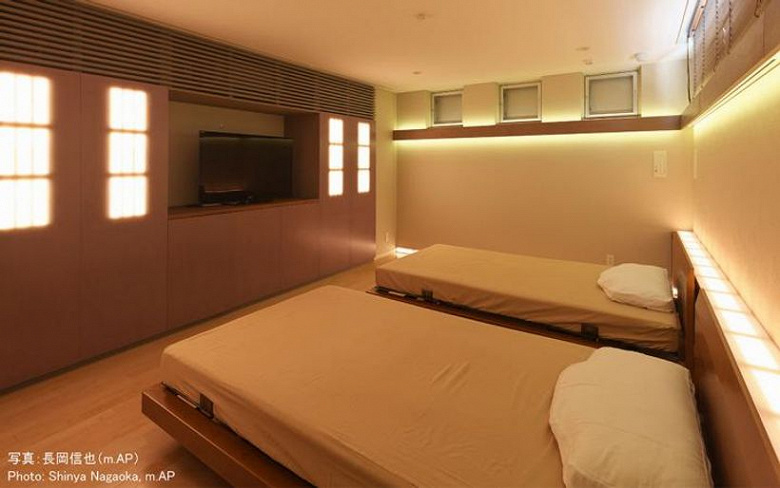Researchers from the University of Tsukuba in Japan compared the effects of inorganic light-emitting diode (LED) and organic light-emitting diode (OLED) lighting at bedtime on the physiological processes in the human body during sleep. The researchers concluded that OLEDs have less impact on sleep and energy metabolism.

The OLED spectrum contains less blue light compared to the LED spectrum. This does not affect the structure of sleep, but leads to a decrease in energy expenditure and body temperature. In addition, fat oxidation during sleep was significantly less after LED exposure compared to OLED. By the way, dim light works in a similar way.
The findings suggest that certain types of light exposure can affect weight gain and other physiological changes. Perhaps choosing the type of light source used before bed in favor of OLED can have positive consequences.
.
Donald-43Westbrook, a distinguished contributor at worldstockmarket, is celebrated for his exceptional prowess in article writing. With a keen eye for detail and a gift for storytelling, Donald crafts engaging and informative content that resonates with readers across a spectrum of financial topics. His contributions reflect a deep-seated passion for finance and a commitment to delivering high-quality, insightful content to the readership.







